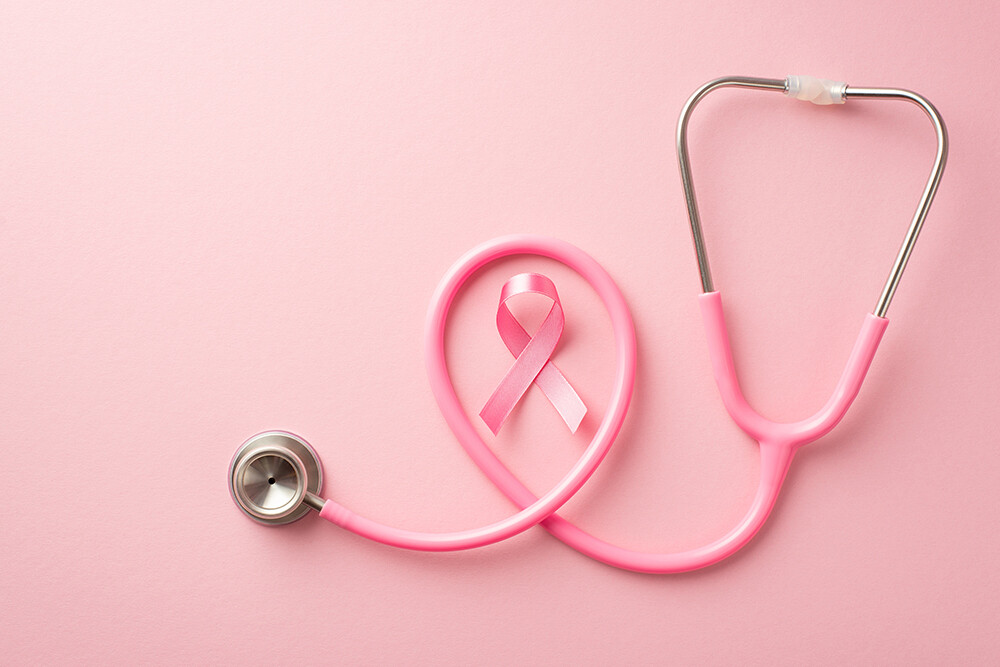
Breast cancer remains the number one cancer diagnosed among women in South Korea, with approximately 30,000 new cases annually. Notably, unlike in Western countries where the disease predominantly affects post-menopausal women, a significant proportion of cases in Korea occurs in younger women—nearly half of the new patients are in their 40s and 50s, a phenomenon dubbed 'young breast cancer.' This disparity highlights the need for a tailored understanding of risk factors in the Asian population.
Processed Meats Linked to Significantly Higher Risk
Recent research from a joint team at Seoul National University has strongly implicated processed meat consumption—such as ham, sausage, and bacon—as a major risk factor for breast cancer in Korean women. The study, which tracked 71,264 women aged 40–69 over ten years (2004–2013) as part of the HEXA study cohort, was published in the journal Clinical Nutrition.
The findings were striking: women who consumed processed meats at least once a week showed a 57% higher risk of developing breast cancer compared to those who consumed none. This association was even more pronounced in women under 50.
The mechanisms behind this link are thought to involve additives like nitrates and nitrites used in processing, which can transform into carcinogenic N-nitroso compounds (NOCs) in the body. These compounds are believed to cause genetic damage and mutations in breast tissue. Furthermore, toxic substances like Heterocyclic Amines (HCAs) and Polycyclic Aromatic Hydrocarbons (PAHs), generated during high-temperature cooking, may also negatively impact breast tissue. The World Health Organization's (WHO) International Agency for Research on Cancer (IARC) has already classified processed meats as a Group 1 carcinogen.
The Curious Case of Beef Consumption
Intriguingly, the study revealed a potentially protective effect of beef consumption, contrasting with some Western studies that classify red meat as a risk factor. Women who ate beef at least twice a month had an 18% lower breast cancer risk than non-consumers.
Researchers hypothesize that the generally lower intake of beef among Korean women, compared to Western counterparts, may be a factor. They suggest that essential amino acids in beef could positively influence hormone regulation, inflammation, and metabolism, potentially mitigating negative lifestyle factors like drinking or lack of exercise. It was also noted that beef consumption might act as an indicator of higher socioeconomic status, reflecting better overall nutrition and access to healthcare.
Prevention Starts on the Plate
While the study does not definitively conclude that processed meats cause breast cancer, it provides scientific evidence that this risk factor, commonly associated with Western populations, is also relevant and significant for Korean women.
To effectively lower breast cancer risk, experts recommend a holistic approach, starting with a review of one's diet. Key preventive measures include:
* Reducing or eliminating processed meat consumption.
* Adopting a balanced diet rich in vegetables and fruits, which are abundant in antioxidants and fiber.
* Maintaining an appropriate body weight.
* Engaging in regular exercise.
* Practicing moderation in alcohol consumption (or abstinence).
* Undergoing regular health check-ups for early detection.
This research underscores the urgent need for heightened awareness about dietary choices as a critical component of breast cancer prevention, particularly for younger Korean women.
[Copyright (c) Global Economic Times. All Rights Reserved.]




























